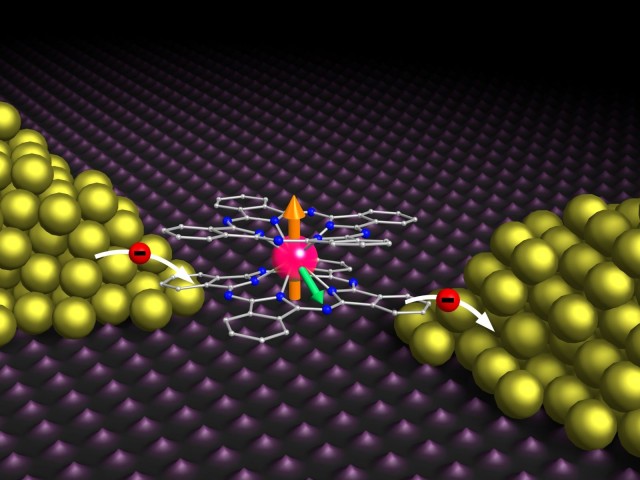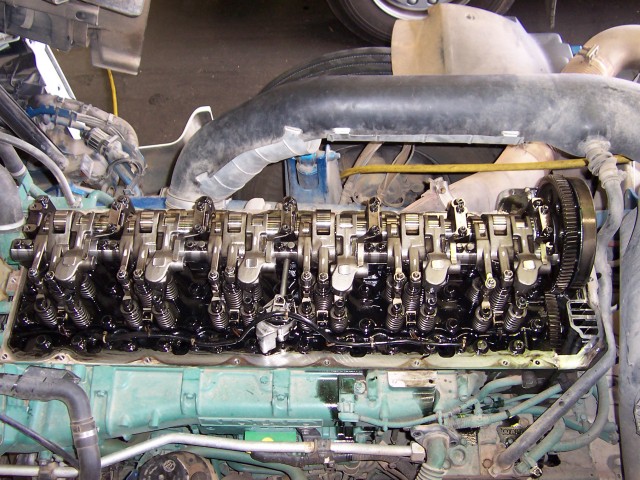
The challenge to reduce carbon emissions rages on (despite those who “don’t believe†in global warming). According to Manuel Jiménez Aguilar, an answer may lie in our urine.
In a study he published in the Journal of Hazardous Materials, Aguilar explains that urea results in the production of ammonium bicarbonate and also ammonia, which can absorb atmospheric CO2. So why the olive waste? Well urine decays and it seems that the liquid waste that results from the olive paste-making process is a basic preservative that will keep urine fresh.
This mixture of urine and olive waste, according to the study, could reduce CO2 emissions by one percent. Sure, it’s not really doing anything for the carbon monoxide or host of other gases, but CO2 is a big problem in global warming and that would make quite a significant difference. He’s proposing that such a mixture would be placed in places such as chimneys so that gas is sort of filtered past it before heading out into our atmosphere. There would obviously also need to be a system to refresh the paste once it was saturated with carbon dioxide.
It would be a pretty cool environmental development: recycling of olive waste water and our own personal body waste, while also reducing CO2 emissions. Win-win, if you ask me.
What do you think? Viable option for reducing carbon emissions or waste (oooh see what I did there?) of time?
[Via Geekosystem | Photo Credit]

from Geeks are Sexy Technology News





